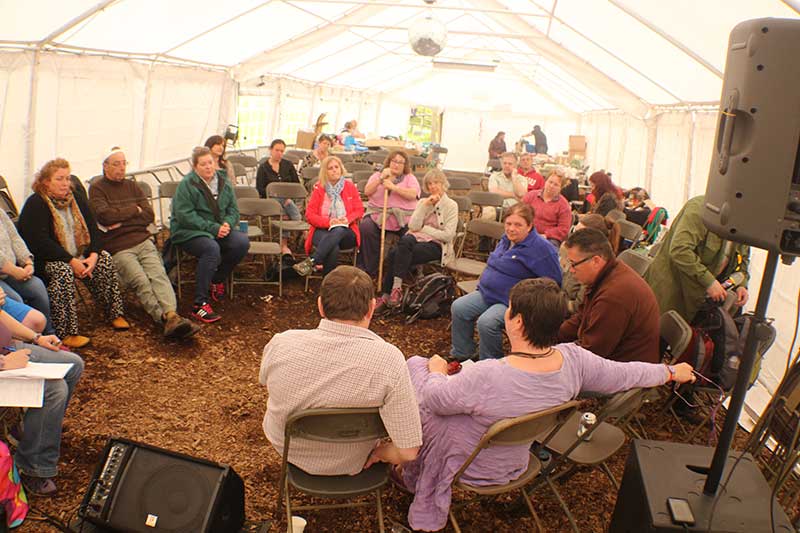Helping Families Over Many Years
For over 36 years, Karen has provided compassionate mental health provision to families, providing a holistic and alternative approach to recovery from "psychosis". Many people who are labelled as “psychotic” are actually survivors of trauma. The main goal at Working to Recovery is to help people with lived experience to identify possible links between traumas of their past and their current condition, enabling them to form a closer understanding with these events and enter the path to recovery and greater emotional wellbeing.
Many people are looking for alternatives to hospital admission and treatment when it comes to recovery from "psychosis," so if you are one of these people, get in contact with Working to Recovery; however we are unable to help people in acute stages of distress apart from online.

















